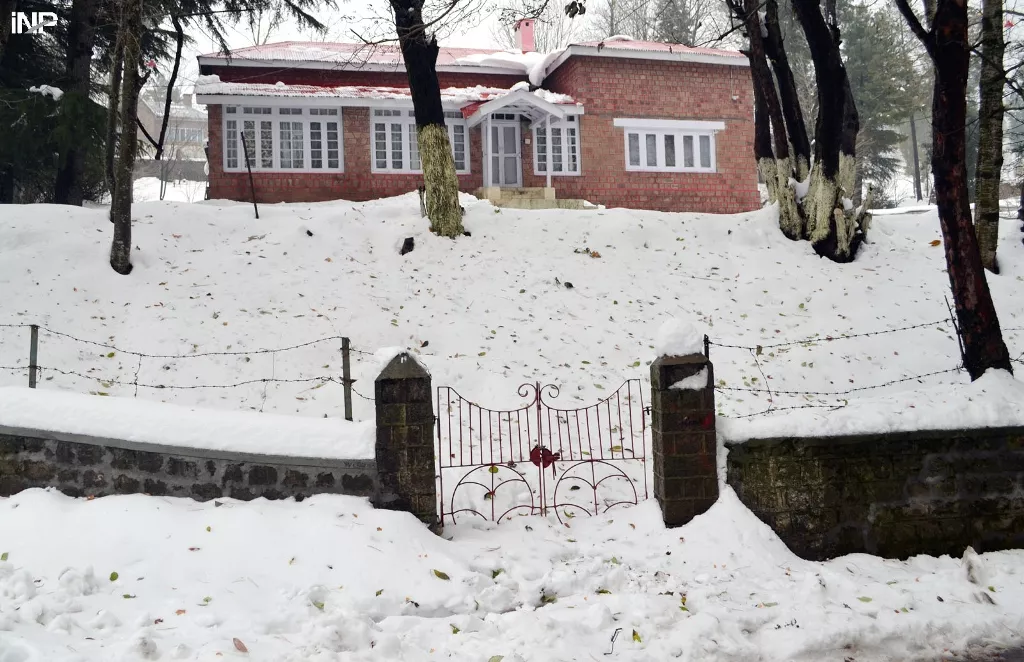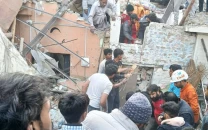Ticking time bombs
Tragic incidents highlight a critical safety issue that demands immediate attention

The recent spate of LPG cylinder blasts across various cities in Sindh has left a devastating toll. In just 11 days, at least 27 people, including 19 children, have been killed and about 75 injured. The most recent accident left five people injured at a fuel filing station in Larkana after a fire was ignited following an LPG cylinder blowing up. One would have thought the tragic Paretabad incident in Hyderabad would have pushed the provincial authorities to take immediate action. But that was not so. Most of the blasts and subsequent casualties have, unsurprisingly, been in low-income localities. The disregard with which this country treats its poor is unfortunate. Its indifference towards them only perpetuates a rise in informality and lawlessness. The hundreds of unauthorised LPG cylinder shops are precisely where informality and lawlessness thrive unchecked. They are ticking time bombs — ones that have literally gone off — within densely populated areas. The casual disregard for safety protocols is conveniently ignored by local authorities due to the economic status of the areas.
These makeshift shops operate without the necessary licences, safety protocols or oversight, posing severe risks to the communities they serve. The informal nature of these businesses means they often escape regulatory scrutiny, allowing them to sidestep essential safety standards and inspections. This lack of regulation not only endangers lives but also contributes to the broader culture of lawlessness that pervades many low-income areas. To prevent further tragedies and protect the most vulnerable populations, the provincial authorities must clamp down on these unauthorised operations and enforce strict compliance with safety regulations. These tragic incidents highlight a critical safety issue that demands immediate attention. As grieving families mourn their losses, it is imperative for authorities to address the underlying causes of these preventable disasters and implement stringent safety regulations to protect the public from further harm.














COMMENTS
Comments are moderated and generally will be posted if they are on-topic and not abusive.
For more information, please see our Comments FAQ